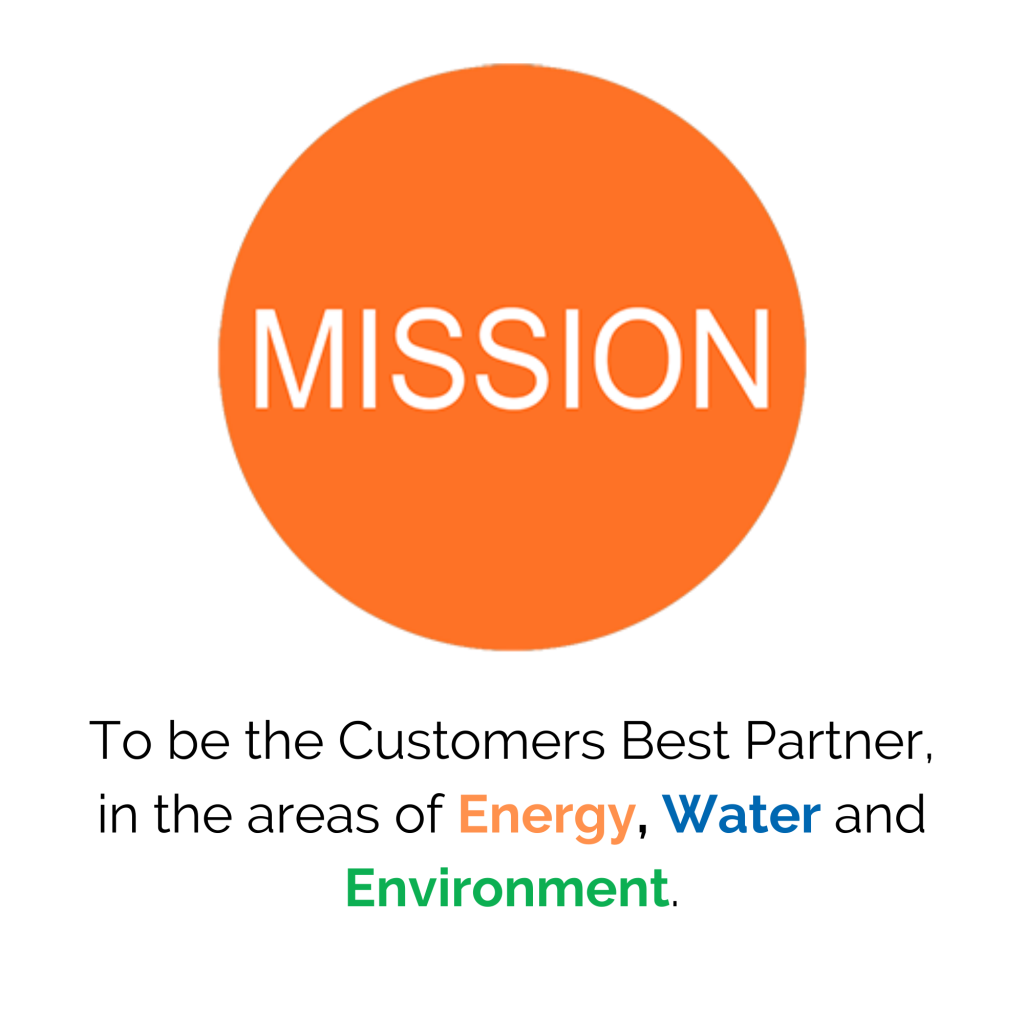About
Environmental Commitment

our Mission
To be Our Customers Best Partner
Combining quality Canadian manufacturing and field expertise with Japanese engineered products, our professional team will consistently deliver customer satisfaction and advantage, across the country.
Miura Canada has pledged to combine the quality Canadian manufacturing and field expertise with Japanese engineered products. Our high efficiency systems with their ability to produce steam with as little energy waste as possible, and low CO2 and NOx emissions are considered the greener option because they are sending fewer greenhouse gases into the air.
Being an industry leader in high efficiency steam boilers is not a happy accident for Miura. From the beginning, our company has put environmentalism in the forefront of our innovation. A growing number of companies are looking for ways to be more “eco-friendly” at their factories, plants and facilities. Some are dealing with increased emissions restrictions; others just wish to reduce their carbon footprint. Many Canadian companies are now looking at this issue when selecting a boiler system, whether they are using it for manufacturing, hot water, or their heating systems. How can they get the steam heat they need while still being “green?”
This question isn’t as easy to answer as it seems. The reason is that a number of factors go into a company’s needs when selecting a boiler system, and one factor may easily offset another. When selecting a boiler system based on eco-friendliness, a company needs to balance the desire for environmental responsibility with reasonable expectations for getting the steam and hot water they need to operate properly.
So what constitutes the most eco-friendly boiler system overall? Let’s explore some different types of boiler technologies to see what we can learn. The term “green” loosely means “eco-friendly,” and it is not an “on-off” switch, so to speak. Some systems are “greener” than others. Typically, the factors you look at when determining eco-friendliness are:

Energy efficiency: The ability to produce steam with as little energy waste as possible. Boiler systems typically rank according to an efficiency rating called Annual Fuel Utilization Efficiency (AFUE). The more heat energy goes into the water and the less energy goes up the flue, the better the AFUE rating. An AFUE rating of 100 means no energy is lost between the fuel and the production of steam. (Even the most energy-efficient boilers usually don’t hit that mark.) Energy efficiency also means it requires less fuel use to get full steam because not as much heat is wasted.
“Clean” energy: This factor refers to how much pollution goes into the air when the fuel is burned to produce steam. Boilers that are rated for low CO2 and NOx emissions are considered greener because they are sending fewer greenhouse gases into the air.
Fossil Fuels vs. Renewable Energy: Many low-emission boilers still run on “fossil fuels” — fuel sources like oil and natural gas that take millions of years to form and cannot be replenished once they are used. Renewable energy is the energy that effectively can’t run out or is continually renewed (e.g., solar heat, wood). Most boilers still run on fossil fuels because we haven’t yet developed ways for them to run effectively on renewable energy — although some boilers, like condensing boilers, reclaim some waste heat, effectively “renewing” some of the energy they use.
Carbon Neutrality: This refers not so much to “clean” energy as to whether a boiler sends no more carbon into the air than it takes in. Biomass boilers are considered carbon-neutral because the wood pellets they use have absorbed the same amount of carbon while forming as the amount of carbon being sent back into the air.
Environmental Commitment
The Modular Advantage
For many companies looking for an energy-efficient, eco-friendly boiler, the modular water tube boiler made by Miura is the best option all around. For starters, modular water tube boilers require a lot less water to operate than conventional boilers due to their unique design. Secondly, modular boilers are also more fuel-efficient; even though they run on fossil fuels, they can fire up and power down in minutes, which means they don’t run constantly. The modular design is better at producing steam in a short period of time than larger conventional boilers. And third, water tube boilers are known for producing fewer harmful emissions like NOx and CO2.
*By signing up you are opting in to updates and news from Miura Canada









